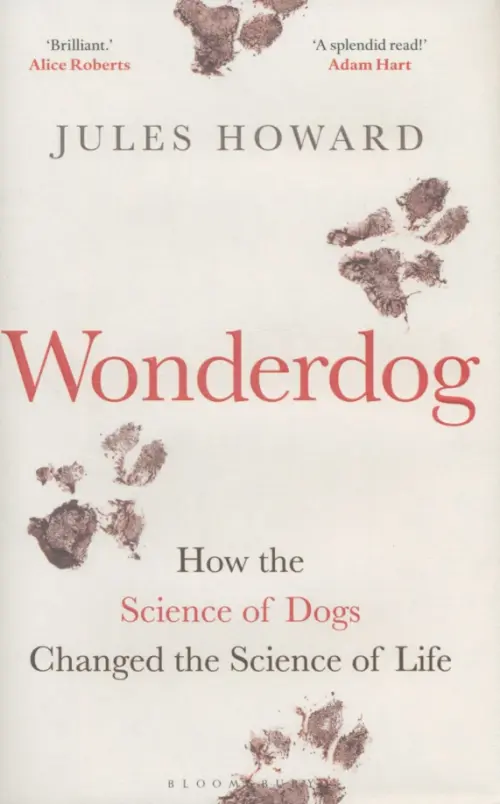
Wonderdog. How the Science of Dogs Changed the Science of Life
How dogs defied science and changed the way we think about animals
What do dogs really think of us? What do dogs know and understand of the world? Do their emotions feel like our own? Do they love like we do?
Driven by his own love of dogs, Charles Darwin was nagged by questions like these. To root out answers, his contemporaries toyed with dog sign language. To reveal clues, they made special puzzle boxes and elaborate sniff tests using old socks. Later, the same perennial questions about the minds of dogs drove Pavlov and Pasteur to unspeakable cruelty in their search for truth. These big names in science influenced leagues of psychologists and animal behaviourists, each building upon the ideas and received wisdom of previous generations but failing to see what was staring them in the face - that the very methods humans used to study dogs' minds were influencing the insights reflected back.
To discover the impressive cognitive feats that dogs are capable of, a new approach was needed. Treated with love and compassion, dogs would open up their unique perspective on the world, and a new breed of scientists would be provided answers to life's biggest questions.
Wonderdog is the story of those dogs - a historical account of how we came to know what dogs are capable of. It's a celebration of animal minds and the secrets they hold. And it's a love letter to science, through the good times and the bad.



 Каталог товаров broE.ru
Каталог товаров broE.ru